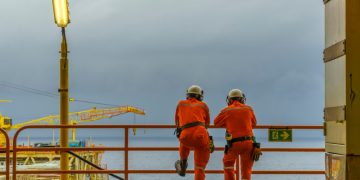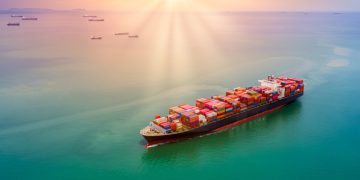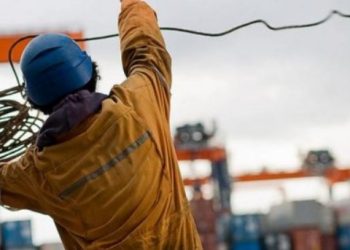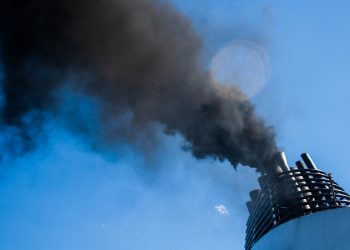Revisions to the Directive of Maritime Traffic Regulations will come into force on 1 February 2025, including the abolishment of the requirement for LNG dual-fueled vessels to have additional escort tugs when transiting the Turkish Straits.
As informed by Vitsan, in a letter by the Turkish Ministry of Transport and Infrastructure, the Directive of Maritime Traffic Regulations for Turkish Straits which is set to enter into force in 1 February has been revised.
According to the letter, the important changes on the regulations include:
- If the pilot of the ship that will embark the ship to transit the Straits does not find the pilot ladder to comply with the rules, the Strait passage of the ship will be canceled, the port authority will be notified, and the ship will be rescheduled after preparing the appropriate pilot ladder.
- For piling barges, crane barges, mud barges, etc., towed by Turkish flagged tugboats belonging to companies engaged in submarine water services and port construction with a total towing length of up to 90 meters, the agent of the vessel can apply to the relevant port authority or, if the passage will be through both Straits (Bosporus or Dardanelles), only to the Istanbul Regional Port Authority and will request the determination of notified transit conditions; the towing vessel which will pass with notification will pass through the Straits at a speed of at least 4 nm relative to the land and during the daylight, taking into consideration the meteorological conditions.
- In order to support the green transformation in maritime, the requirement for additional escort tugboats or additional tugboat power for dual-fuel propelled ships that can use another substance as fuel along with LNG has been abolished.
- It is strongly recommended that ships carrying dangerous cargo with 200 meters length and above that will pass through the Dardanelles should take a tugboat, and all ships with length 200 meters and above should take a pilot.
- According to the official applications at least 48 hours before transiting to be made by the port facilities where the laden vessels calling the strategically important petroleum refineries, LNG/LPG terminals, and energy plants or by the shipyards where the vessels calling for repair or maintenance with a written contract, the ship can be given priority to transit the Turkish Straits based on the evaluation of the Directorate of General Maritime.
- A ship that has a malfunction in the Sea of Marmara and will pass a Turkish Strait after repairing the malfunction will be surveyed by the local port authority where the vessel will transit or by a classification society.


























































